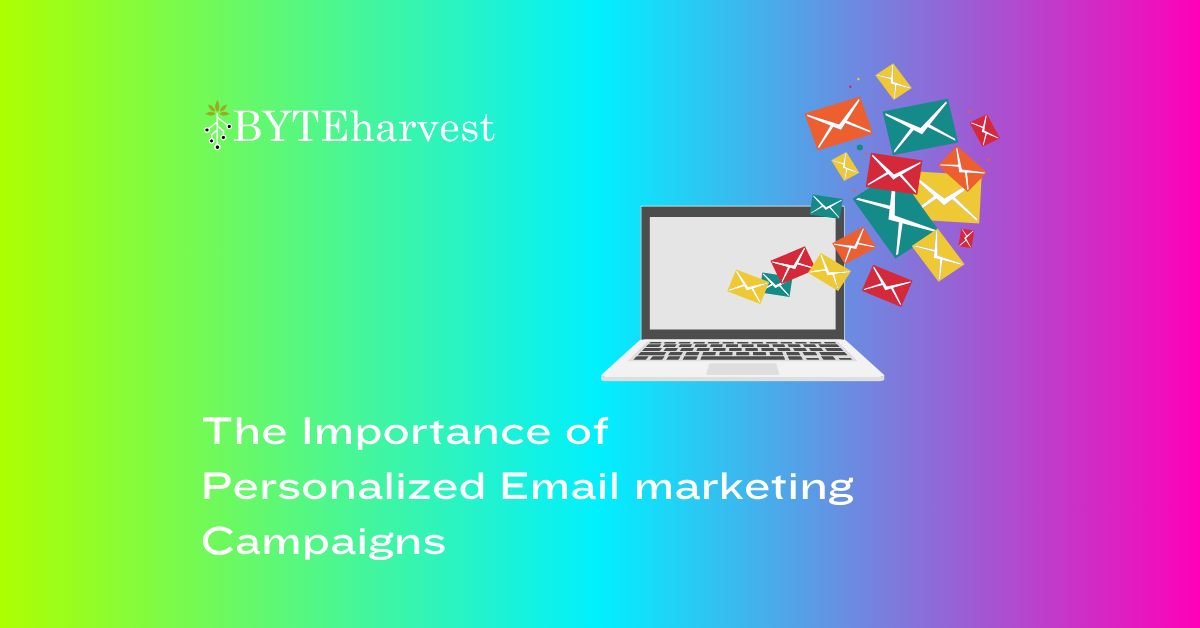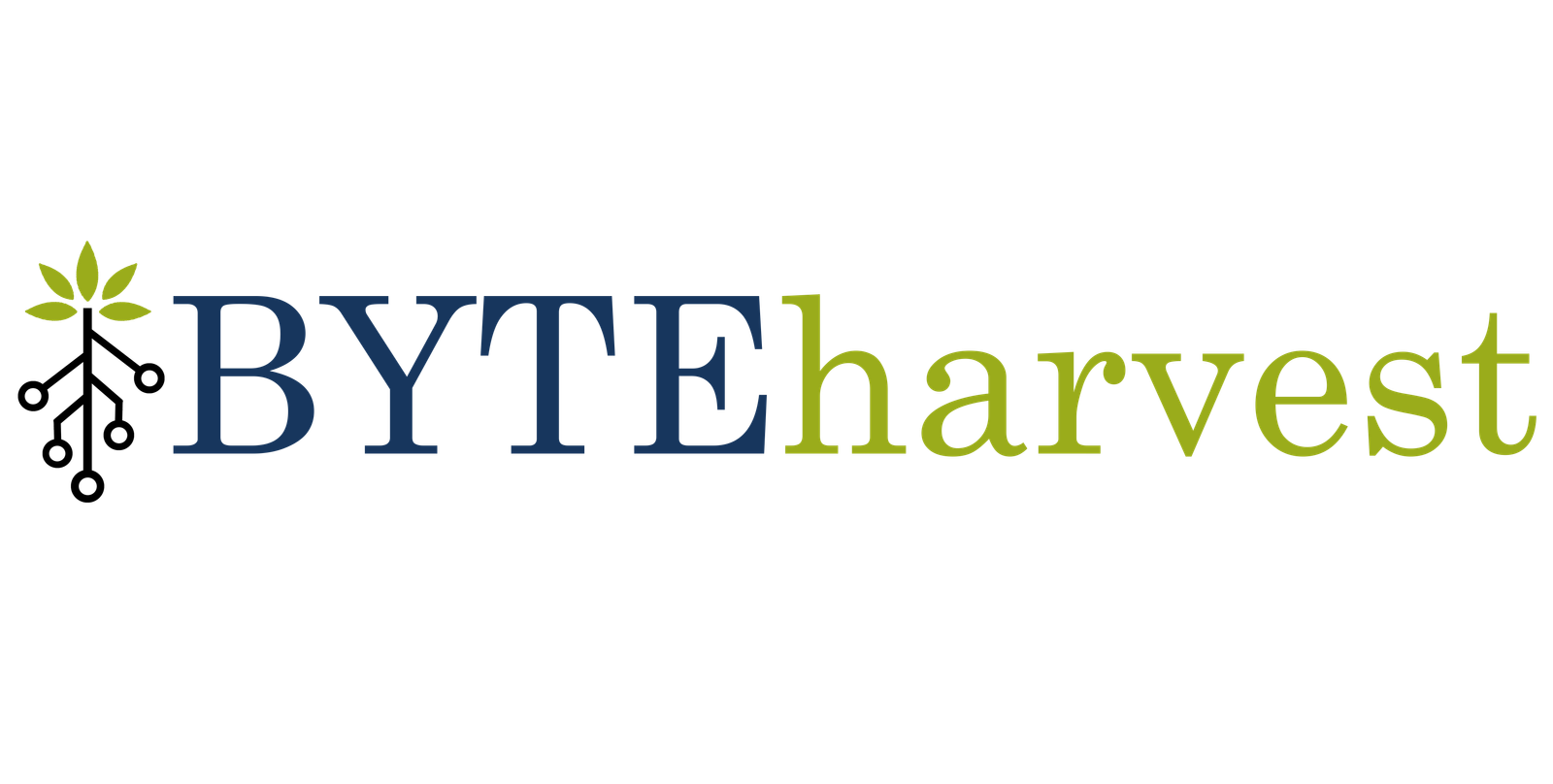In the ever-evolving world of digital marketing, email personalization has emerged as the most powerful tool to cut through the noise and connect directly with your audience. Gone are the days of generic, one-size-fits-all email marketing campaigns. Today, successful marketers understand that personalization is not just a trend—it’s a critical strategy that can dramatically improve engagement, conversion rates, and customer loyalty.

This comprehensive guide will walk you through everything you need to know about email personalization, from understanding its core principles to implementing advanced strategies that will take your email marketing to the next level. Whether you’re a small business owner, a marketing professional, or an entrepreneur looking to boost your marketing efforts, this article will provide you with actionable insights to transform your email marketing campaigns.
Outline of the Article
- What is Email Personalization?
- Why Personalization Matters in Email Marketing
- The Psychology Behind Personalized Emails
- Best Practices for Email Personalization
- Types of Email Personalization Techniques
- Collecting Data for Effective Personalization
- Tools and Technologies for Email Personalization
- Personalization in email marketing Across Different Industries
- Measuring the success of personalized emails is crucial for optimizing your email campaign.
- Future Trends in Email Marketing Personalization
What is Email Personalization?
Email personalization is a targeted marketing strategy that goes far beyond simply adding a recipient’s first name to an email; it involves crafting personalized email campaigns that resonate with the recipient. It’s a sophisticated approach to creating highly tailored email content that speaks directly to individual subscribers based on their unique characteristics, behaviors, and preferences.
At its core, email personalization involves using data and insights to craft email marketing campaigns that feel like a one-to-one conversation. Instead of sending the same generic message to your entire email list, you segment your audience and create targeted email content that resonates with specific groups or even individual subscribers.
Why Personalization Matters in Email Marketing
In today’s crowded digital landscape, generic emails are quickly ignored or deleted. Personalized emails, however, stand out. Studies have consistently shown that personalized email marketing campaigns significantly outperform their generic counterparts. Emails with personalized subject lines are 26% more likely to be opened, and highly personalized email content can drive 5-10 times higher transaction rates.
The numbers speak for themselves: personalized emails deliver 6x higher transaction rates, yet 70% of brands still fail to use them effectively. This presents a massive opportunity for businesses willing to invest in highly personalized email marketing strategies.
The Psychology Behind Personalized Emails
Personalization taps into fundamental psychological principles to create a personalized experience. When someone receives an email that feels like it was crafted specifically for them, it creates a sense of individual recognition and importance. This triggers positive emotional responses that make recipients more likely to engage with the content.
The human brain is wired to pay attention to information that seems relevant and personal. By using personalization techniques, marketers can break through the mental filters that typically cause people to ignore mass communications. A truly personalized email makes the recipient feel understood, valued, and more connected to the brand, enhancing the effectiveness of email marketing efforts.
Best Practices for Email Personalization
Implementing email personalization requires a strategic approach. Here are some best practices to ensure your personalization efforts are effective:
- Collect Comprehensive Data: The foundation of personalization is robust data collection. Gather information through signup forms, purchase history, browsing behavior, and customer surveys.
- Segment Your Audience: Don’t treat your entire email list as a monolith. Create meaningful segments based on demographics, behavior, preferences, and engagement levels to enhance your personalized email campaigns.
- Use personalized content in your email campaign.: Implement email marketing tools that can automatically adjust content based on individual user characteristics and past interactions.
- Test and optimize your email marketing efforts to ensure that your personalized emails achieve the desired open rates.: Continuously A/B test your personalization strategies to understand what resonates best with different audience segments.
Types of Email Personalization Techniques
Personalization in email can be implemented at various levels of complexity:
- Basic Personalization:
- Using the recipient’s first name in the subject line or greeting
- Sending birthday or anniversary emails can be a great way to use email marketing personalization to engage customers.
- Referencing recent purchases or interactions
- Advanced Personalization:
- Recommending products based on browsing or purchase history can enhance the personalized experience.
- Triggering abandoned cart emails with personalized offers
- Creating dynamic content that changes based on user preferences
- Sending time-sensitive and location-specific offers
Collecting Data for Effective Personalization
To personalize effectively, you need high-quality data. Here are some ethical and effective ways to collect customer information:
- Signup Forms: Design forms that collect more than just basic contact information
- Progressive ProfilingGradually collect more details over time to improve your ability to send timely email communications.
- Preference Centers: Allow subscribers to select their interests to create a more personalized experience.
- Tracking User Behavior: Use website analytics and email engagement metrics
- Surveys and Feedback: Directly ask customers about their preferences
Tools and Technologies for Email Personalization
Modern email marketing platforms offer sophisticated personalization capabilities:
- Customer Data Platforms (CDPs)
- Marketing Automation Tools
- AI-Powered Personalization Engines
- Machine Learning Recommendation Systems
Popular tools include Mailchimp, Klaviyo, HubSpot, and Campaign Monitor, which offer advanced personalization in email features.
Personalization Across Different Industries
Different industries can leverage personalization uniquely:
- E-commerce: Product recommendations, abandoned cart emails
- In the B2B sector, using email marketing personalization can lead to stronger client relationships.: Industry-specific content, role-based messaging
- SaaS: Onboarding sequences and feature-based recommendations can personalize your emails effectively.
- Healthcare: Personalized wellness tips, appointment reminders
- Education: Course recommendations, learning path suggestions
Measuring the Success of Personalized Emails
Key metrics to track personalization effectiveness:
- Open rates can be significantly improved when you use email marketing personalization strategies effectively.
- Click-through rates
- Conversion rates
- Revenue per email
- Engagement depth
- Unsubscribe rates
Future Trends in Email Marketing Personalization
Emerging trends to watch include the rise of personalized email campaigns that leverage data to send timely emails.
- AI-driven hyper-personalization
- Predictive personalization
- Cross-channel personalization
- Enhanced privacy-compliant personalization techniques
Key Takeaways
- Personalization is more than using a first name
- Data collection and segmentation are crucial for successful email marketing efforts.
- Use advanced tools and technologies
- Continuously test and optimize
- Respect customer privacy
- Focus on providing value in your email campaigns.
- Personalization increases engagement and conversions
- Stay updated with emerging personalization trends
By implementing these strategies, you can transform your email marketing from a generic broadcast to a powerful, personalized communication channel that drives real business results.
Remember, the future of email marketing is personal. Are you ready to take your email marketing to the next level?

